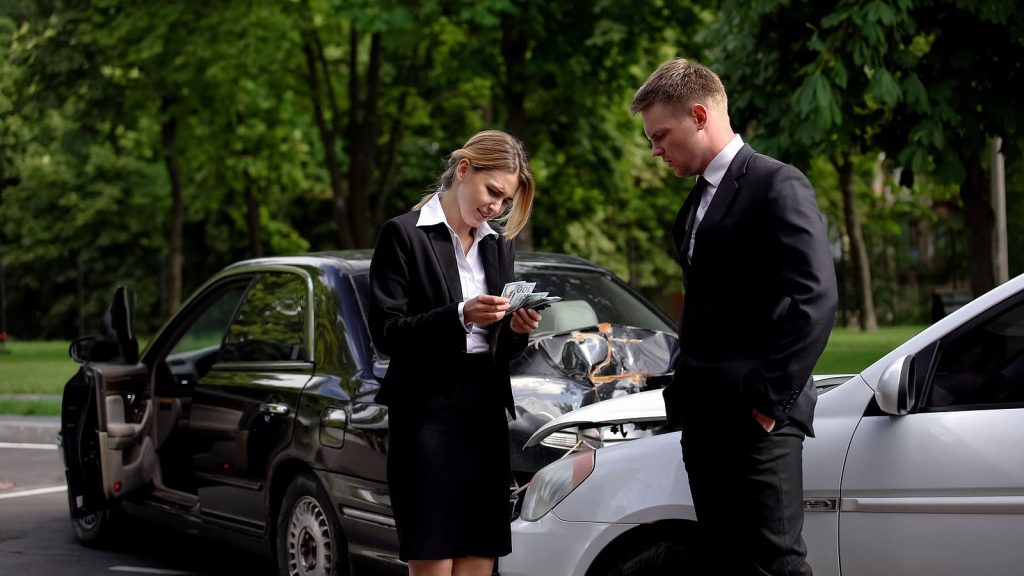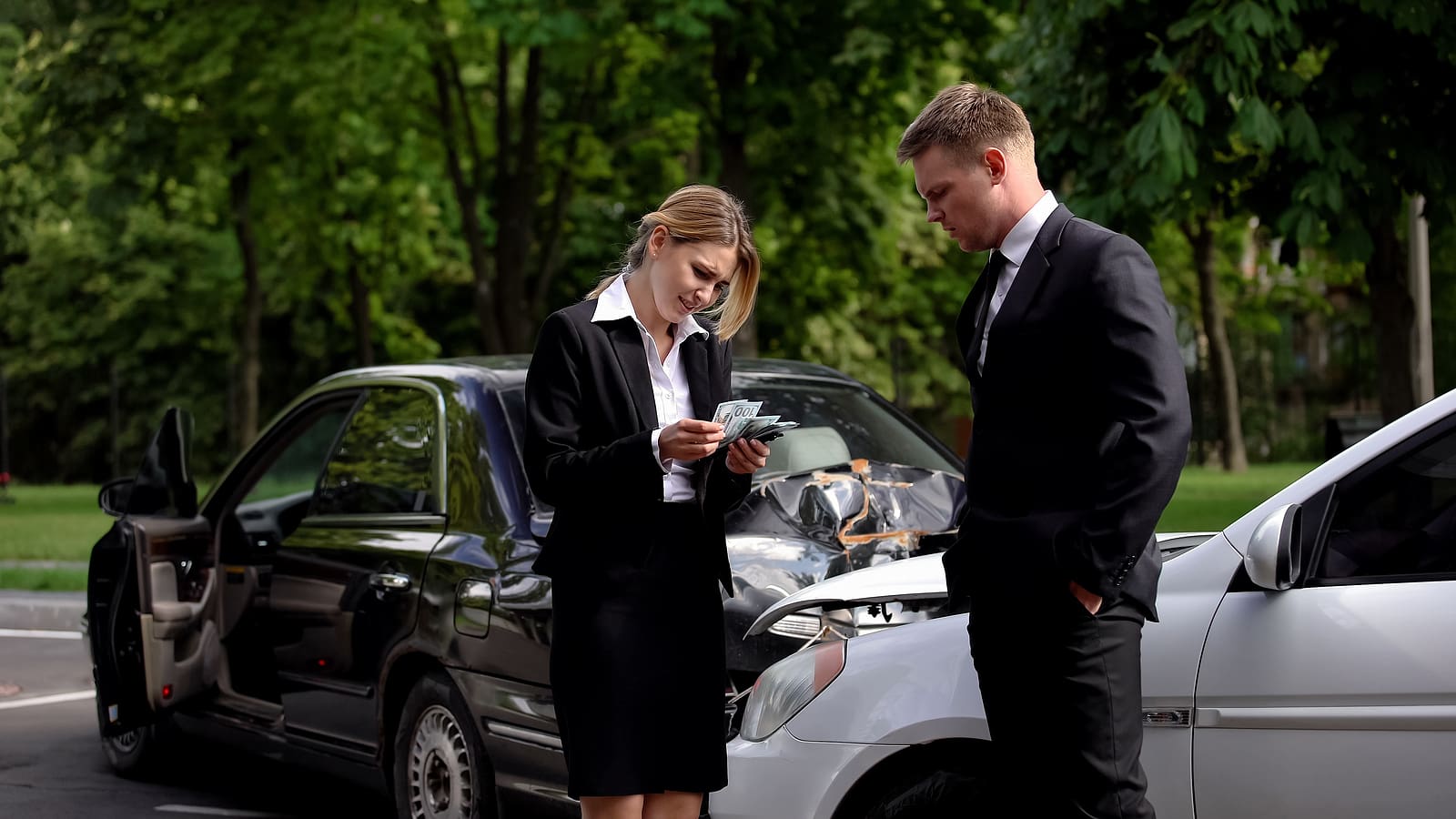
Understanding Settlements in Georgia: What Constitutes a Fair Offer
Determining a fair settlement offer after a car accident can be a complex process. At the Law Offices of Kyle E. Koester, LLC, we believe in empowering our clients with knowledge about how settlements are calculated and the factors that contribute to a fair offer. This article explains the intricacies of settlement calculations in Georgia, guided by state statutes and legal principles.
Factors Influencing Settlement Calculations:
Medical Expenses:
- All medical costs incurred due to the accident are considered, including future medical care. Georgia law (O.C.G.A. § 51-12-4) allows for the recovery of such expenses as part of a personal injury claim.
Lost Wages and Earning Capacity:
- Compensation for lost wages due to the accident and any impact on future earning capacity is a critical component of a settlement offer (O.C.G.A. § 51-12-4).
Property Damage:
- Damages to your vehicle and other personal property are recoverable under O.C.G.A. § 51-12-4.
Pain and Suffering:
- Non-economic damages, such as pain and suffering, are subjective but essential parts of a settlement. Georgia does not have a statutory cap on these damages, except in medical malpractice cases (O.C.G.A. § 51-13-1).
Comparative Negligence:
- Under Georgia’s modified comparative negligence rule (O.C.G.A. § 51-12-33), your compensation may be reduced if you are found partially at fault for the accident.
Calculating a Fair Settlement:
- Assessment of Total Damages: A fair settlement should encompass all economic and non-economic damages.
- Consideration of Liability and Negligence: The degree of each party’s negligence affects the settlement amount.
- Insurance Policy Limits: The at-fault party’s insurance coverage limits can influence the settlement offer.
Negotiation and Legal Representation:
- Role of Attorneys: Experienced car accident attorneys can negotiate with insurance companies to ensure clients receive a fair settlement.
- Legal Advocacy: In cases where a fair settlement cannot be reached through negotiation, legal action may be necessary.
Conclusion: Understanding what constitutes a fair settlement offer in a car accident case requires a comprehensive evaluation of all damages, an understanding of Georgia’s legal framework, and often, skilled legal representation. At the Law Offices of Kyle E. Koester, LLC, we are committed to ensuring our clients receive fair and just compensation. If you are navigating the settlement process, our experienced team is here to provide the legal guidance and advocacy you need.
Disclaimer: This article is for informational purposes only and does not constitute legal advice.


